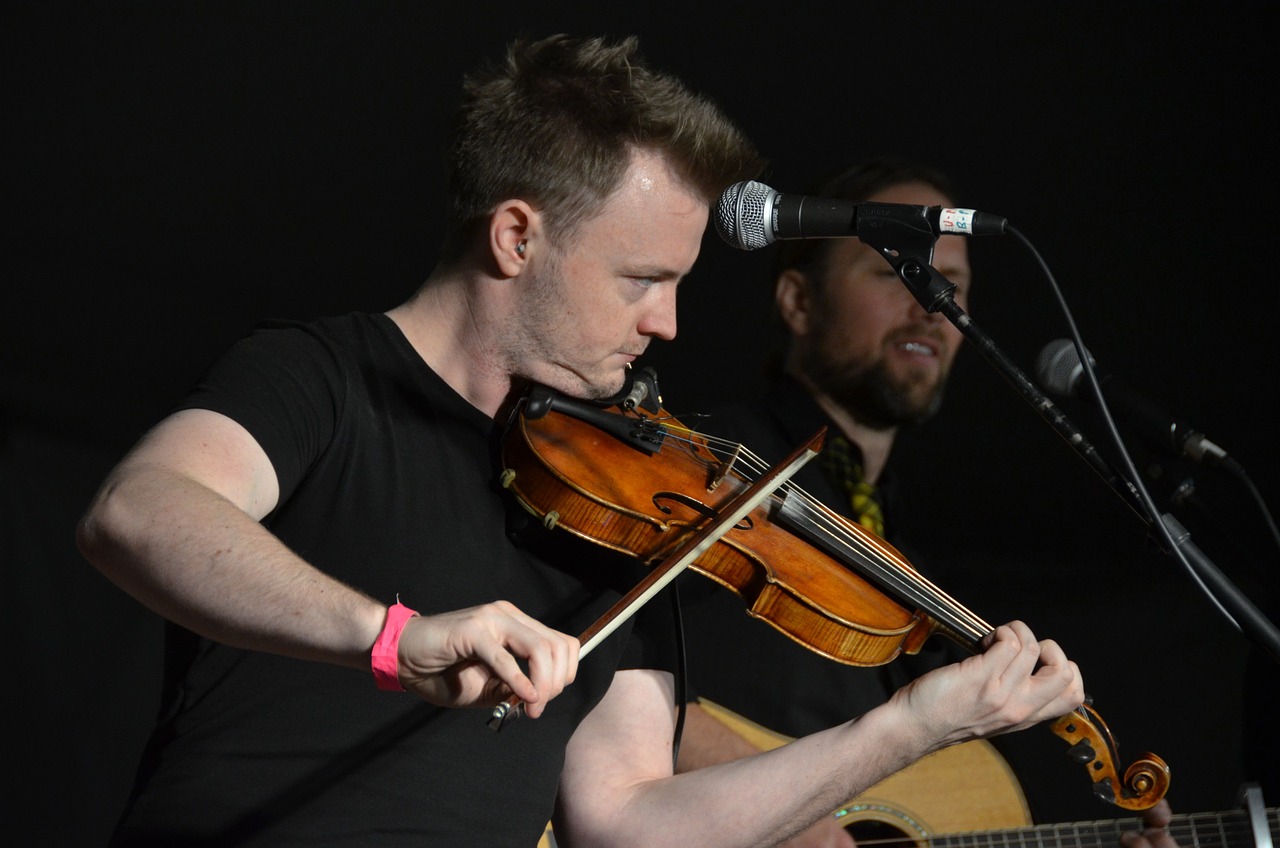Why Music Festivals in Scotland are Different.

Although the UK has in excess of 850 music festivals every year the 200 events that take place in Scotland can be very different from festivals in the rest of the country. What is it that makes Scottish music festivals so different and what can festival-goers expect by booking a weekend music festival experience.
Scottish music festivals are strongly influenced by the unique geography and climate along with the strong sense of community and tradition making them quite a different experience from the typical music festival that would take place in the English countryside. Although part of the United Kingdom, Scotland remains a separate country with a strong feeling of independence which includes its own democratically elected parliament and a legal system with laws that differ from the rest of the United Kingdom.
Geography and Climate.
The geography in Scotland can be dramatic with mountainous areas and hundreds of islands which makes for some stunning settings. The climate can be very changeable with generally cooler temperatures and given its northern location long daylight hours in the summer months. Many festival organisers opt for locations like glens, lochs, the Highlands and islands which gives festival-goers a sensory experience rooted in nature. With unreliable weather it is not unusual to experience four seasons in one day so organisers must make preparations for high winds and heavy rain and festival-goers are recommended to attend with waterproof clothing and robust footwear.
Music Genre Influences.
With a strong cultural influence many music festivals feature traditional Celtic and folk genres with unique instruments being used which can include bagpipes, fiddles, clarsach (Scottish harp), and accordions for example. Whilst folk music is often a feature there are plenty of new acts and artists that mix modern genre styles and electronic music with traditional sounds making for some distinct blends. Long running Celtic rock band Runrig (now retired) was a long-standing headline act at many Scottish festivals with vocals in Gaelic language. However, many festivals still feature international and mainstream artists to appeal to wider audiences.
Culture Differences.
Most music festivals in Scotland now use cashless payments for everything on a site, however, if using cash, it is not unusual to come across Scotland's own currency (the same value as the British pound). In more remote areas of the Highlands and Islands festival-goers will also encounter the Gaelic language but English is still spoken by everyone. The local Scots are generally welcoming, good humoured and always make visitors welcome. Don't be surprised to witness and crowd of thousands break out into synchronised traditional Scottish highland dancing if a popular Celtic artist is performing on a stage.
Community.
Many Scottish festivals have their roots in the local community which is an essential part of Scotland's lifestyle. The community spirit is ever present with many festivals linked in some way to the traditional Ceilidh, a lively social gathering with traditional Scottish music and dancing. This fosters a strong sense of community and audience participation that might be less common at other mainstream festivals. The community driven audiences present at many music festivals make them a perfect setting and environment for family groups too.
For festival organisers planning their next event using a software management platform like Festival Pro gives them all the functionality they need manage every aspect of their event logistics. The guys who are responsible for this software have been in the front line of event management for many years and the features are built from that experience and are performance artists themselves. The Festival Pro platform is easy to use and has comprehensive features with specific modules for managing artists, contractors, venues/stages, vendors, volunteers, sponsors, guestlists, ticketing, site planning, cashless payments and contactless ordering.
Image by TCFA via Pixabay
<< Back to articles
Contact us
Get in touch to discuss your requirements.
US: +1 424 485 0220 (USA)
UK: +44 207 060 2666 (United Kingdom)
AU: +61 (2) 8357 0793 (Australia)
NZ: +64 (0)9887 8005 (New Zealand)